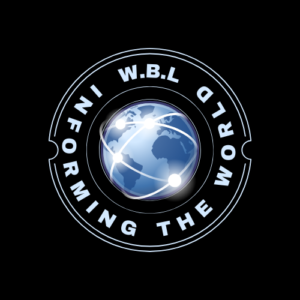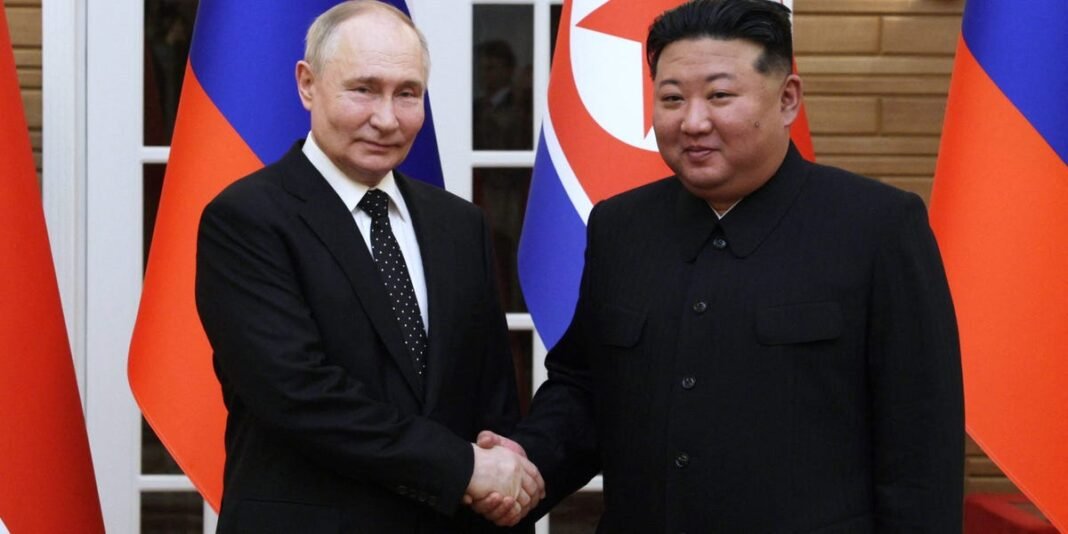- North Korea is set to send thousands of troops to aid Russia in the Ukraine war, South Korea’s spy agency has said.
- South Korea’s National Intelligence Service made the announcement on Friday, Yonhap news agency reported.
- Around 1,500 North Korean special forces troops are already in Russia, the NIS added.
North Korea is set to send thousands of troops to aid Russia in its war in Ukraine, South Korea’s spy agency has said, per Yonhap news agency.
South Korea’s National Intelligence Service (NIS) said on Friday it had confirmed the “beginning of the North’s direct involvement” in Ukraine and that the soldiers were being transported from the North on Russian navy ships.
Around 1,500 North Korean special forces troops are already in Russia, the NIS added.
If confirmed, it would be the North’s first major involvement in a war since the Korean War in 1950-1953.
It comes after Ukrainian President Volodymyr Zelenskyy said on Thursday that Ukraine had information that North Korea was preparing to send 10,000 troops to occupied areas of Ukraine.
“We’ve got information that North Korea sent tactical personnel and officers to Ukraine on temporary occupied territories, and they are preparing on their land, 10,000 soldiers, but they didn’t move them already to Ukraine or to Russia,” Zelenskyy said.
Western officials have not confirmed the intelligence. Pentagon press secretary Maj. Gen. Pat Ryder said on Thursday that the US was looking into the reports.
“I can tell you right now we’re looking into those,” Ryder said. “We can’t confirm or corroborate those reports. If true, that would demonstrate an increase in the cooperation between Russia and North Korea.”
Speaking on Thursday, NATO chief Mark Rutte said that the alliance had “no evidence that North Korean soldiers are involved in the fight, but we do know that North Korea is supporting Russia in many ways.”
The NIS also said that since August 2023, North Korea had sent Russia 13,000 containers packed with shells, missiles, and anti-tank rockets.
Business Insider contacted NATO and the UK Ministry of Defence for comment.



